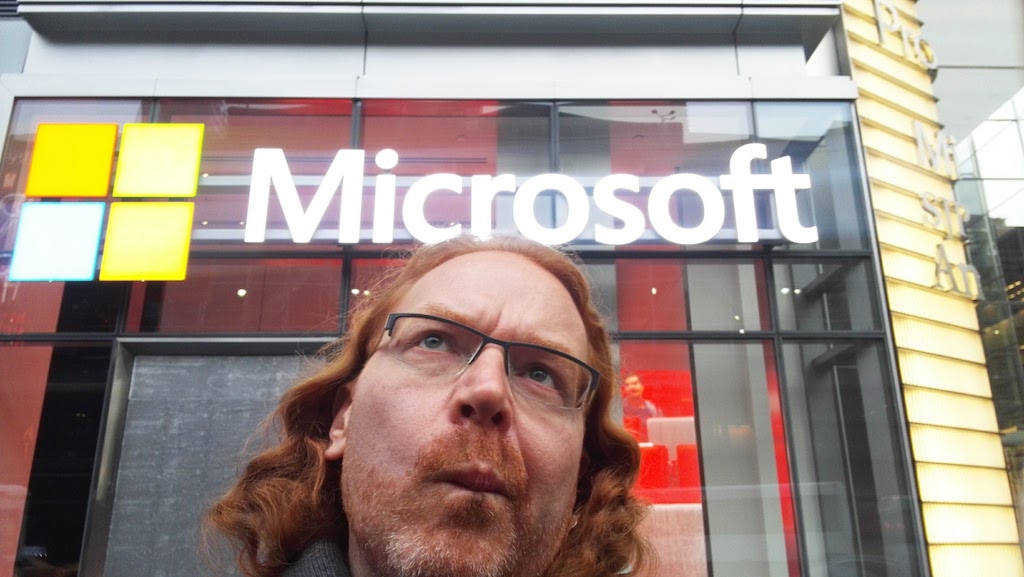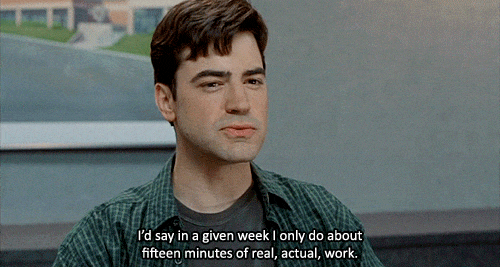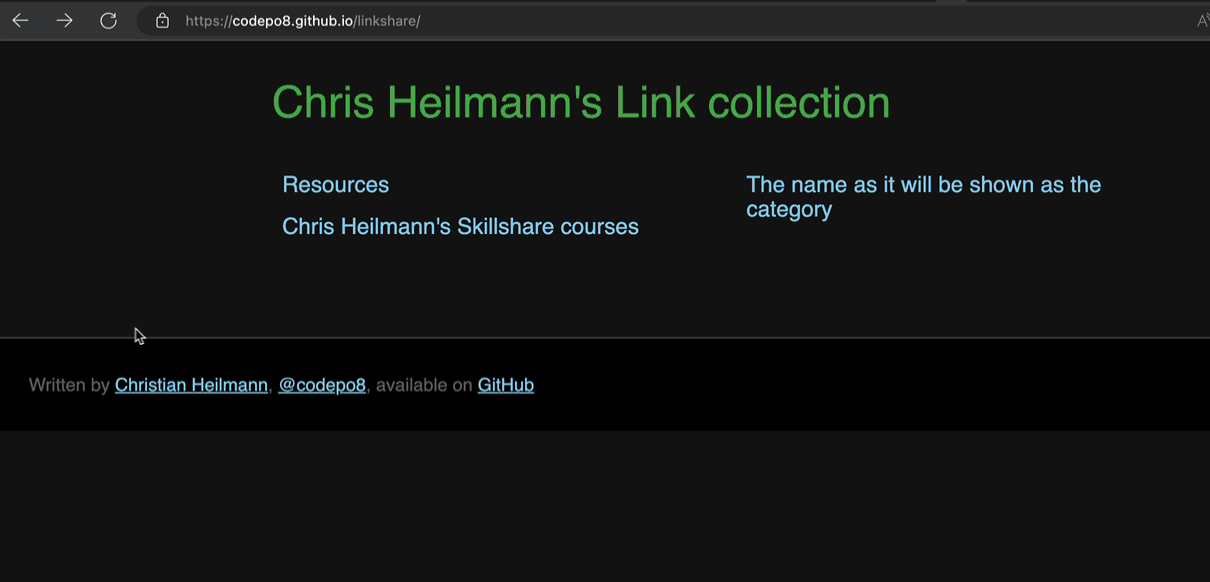
First of June will be the day when I won’t be working at Microsoft any more. This will mark my eight years and a few months tenure there. I am very happy about all the things I was able to do there and grateful for all the great people I worked with.
The start: Hey, want to help us move the web forward?
I came to Microsoft from Mozilla by invitation from people I worked with before. The idea was to help Microsoft renew their browser to replace Internet Explorer. This was something I deeply cared about. IE was one of the things that held back the open web. Putting my hat in the ring to support its standards based successor was exciting. So was meeting the people involved in IE. I tried my best making sure they didn’t feel attacked by this change. Instead I invited them to bring their knowledge into the new browser. And Microsoft delivered on its promise. Edge was a breath of fresh air the web needed and it was amazing to see the energy we put into creating it.
The developer market didn’t share the enthusiasm, but instead targeted Chromium and saw yet another JavaScript engine to support as a nuisance rather than choice. We reacted accordingly, and moved the browser to this engine.
This was the time I enjoyed the most. Working with Google to get Microsoft to become a core contributor to the Chromium project was excellent. Taking the Chromium code and making it Microsoft ready was a great challenge. Taking out code that is Chrome/Google specific. Ensuring the interface is accessible to all, including screenreader users. Getting the code ready to be available in various locales and languages. The Chromium project gained a lot from Microsoft’s involvement and it shows.
The rise of Visual Studio Code brought lots of great opportunities to integrate with it. The same goes for other Electron based products and subsequently those who use the Edge WebView.
I, Program Manager
I started in Developer Advocacy for the company. I then moved to the Apps team, working on the PWA strategy, establishing an app store and tooling around it. When one of the program managers for the Developer Tools in Edge left the company, I was asked to fill in and try out the PM role.
This is where I spent my last few years, working as the principal product manager of developer tools. This included the delivery of the product, working with the technical leads and defining the roadmap of what’s to come. The job was to triage incoming work, come up with new features and to verify them with internal and external audiences. The focus is on the product and its success. And that means a lot of measuring, telemetry and tracking delivery.
Being the only European member of the team was challenging at times. It meant that as a lead I had to be in meetings late at night so I can react immediately to people’s needs. It also meant that I needed to be diligent in planning out the work for people, so I could use what they produced the next morning. During Covid, the whole team started working remotely and it was great to help Microsoft roll out best practices for remote work, using my knowledge of over 10 years of working from home.
I am very proud of the work we’ve done here. The Edge DevTools for VS Code extension was my main passion and 1.5M downloads with 40k active daily users shows that this is something people want. It also helped us making Edge more componentised and integrate with other environments. There is a movement towards making browsers less of a monolithic interface but more of a thing that spreads its functionality across the UI of the OS and Edge is ready for that, partly because of our work.
I kept my developer advocacy hat on, speaking at events, writing lots of documentation and creating videos. I worked with the Azure DevRel team, the VS Code team and did a lot of internal advocacy for Edge
Looking back
I had an amazing time at Microsoft and I am humbled by the talent I had the opportunity to work with. My team was full of incredible people. We managed to release a huge product with millions of users with only a few, but empowered people.
The company deeply cares about quality and accessibility of its products. I learned tons about compliance and legal needs of releasing enterprise level software.
I am also proud about having spearheaded the openness of Microsoft, making sure that all I worked on was Open Source from the start. Replacing internal code repos and ticketing systems with publicly available GitHub repositories and issues was not easy, but it resulted in much better products and happier developers. Outside requests trumped own delivery goals and thus we managed to get more people involved.
There are too many people to mention that I had a great time working with and I feel the product I worked on is in good hands. I’ll keep contributing as much as I can from the outside and look forward to what’s coming next.
What’s next for me?
I am currently looking around for new opportunities and will outline soon what I am looking for. Truth be told, I still need to figure a few things out myself. If you know what I can do and you think there is something for me, please don’t hesitate to ping me on LinkedIn .
One thing that is already in the works is that I will create a course for LinkedIn Learning about Developer tools for non-developers. In German. Oh dear…




